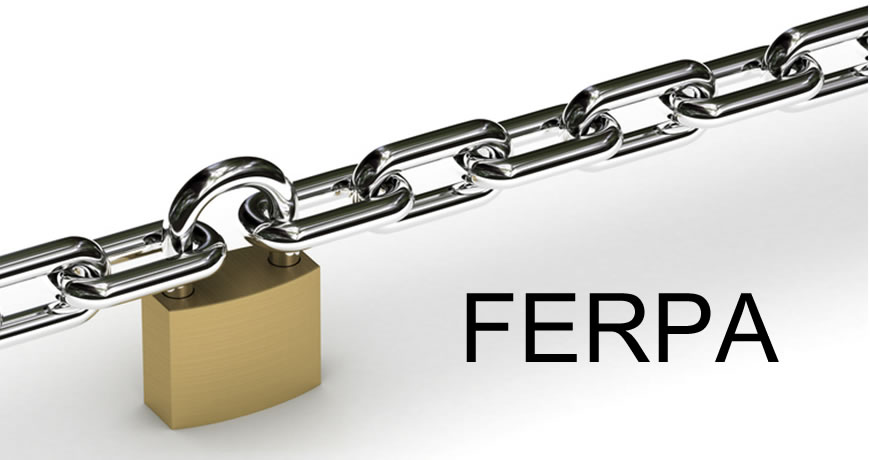Common Core Data Mining and FERPA: Sheila Kaplan Written Testimony in Support of Missouri SB 210 & HB 616
Below is written testimony from Sheila Kaplan entered in support of Missouri SB 210 and HB 616. These bills would prohibit the State Board of Education from adopting and implementing the standards for public schools developed by the Common Core Standards Initiative.
Legislative Hearing on SB 210 and HB 616
Testimony by
Sheila Kaplan, Education New York
Thank you for this opportunity to testify before you today.
I am Sheila Kaplan, an education and information policy expert and
researcher and founder of Education New York.
As the 45 states that have adopted Common Core Standards begin
implementation serious concerns are being raised about the impact on the
privacy of students and their families.
The federal Family Educational Rights Privacy Act, or FERPA, was
enacted in 1974 to protect the privacy of education records.
Schools are a rich source of personal information about children that can
be legally and illegally accessed by third parties. With incidences of
identity theft, database hacking, and sale of personal information rampant,
there is an urgent need to protect students’ rights under FERPA and raise
awareness of aspects of the law that may compromise the privacy of
students and their families.
In 2008 and 2011, amendments to FERPA gave third parties, including
private companies, increased access to student data. It is significant that in
2008, the amendments to FERPA expanded the definitions of “school
officials” who have access to student data to include "contractors,
************************************************
Legislative Hearing on SB 210 and HB 616
Testimony by
Sheila Kaplan, Education New York
Thank you for this opportunity to testify before you today.
I am Sheila Kaplan, an education and information policy expert and
researcher and founder of Education New York.
As the 45 states that have adopted Common Core Standards begin
implementation serious concerns are being raised about the impact on the
privacy of students and their families.
The federal Family Educational Rights Privacy Act, or FERPA, was
enacted in 1974 to protect the privacy of education records.
Schools are a rich source of personal information about children that can
be legally and illegally accessed by third parties. With incidences of
identity theft, database hacking, and sale of personal information rampant,
there is an urgent need to protect students’ rights under FERPA and raise
awareness of aspects of the law that may compromise the privacy of
students and their families.
In 2008 and 2011, amendments to FERPA gave third parties, including
private companies, increased access to student data. It is significant that in
2008, the amendments to FERPA expanded the definitions of “school
officials” who have access to student data to include "contractors,

